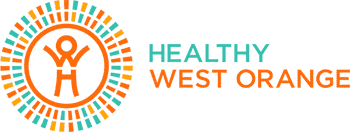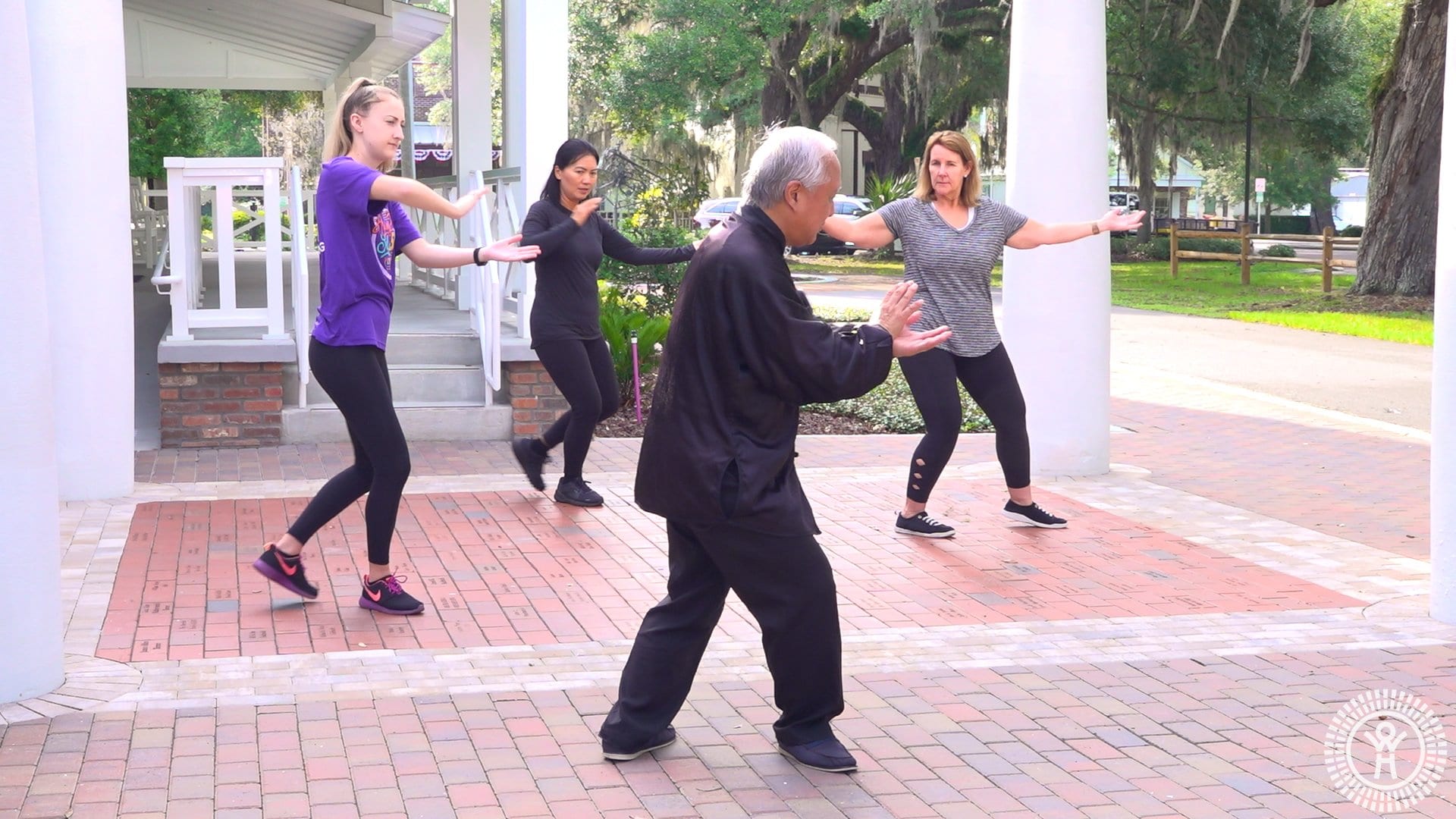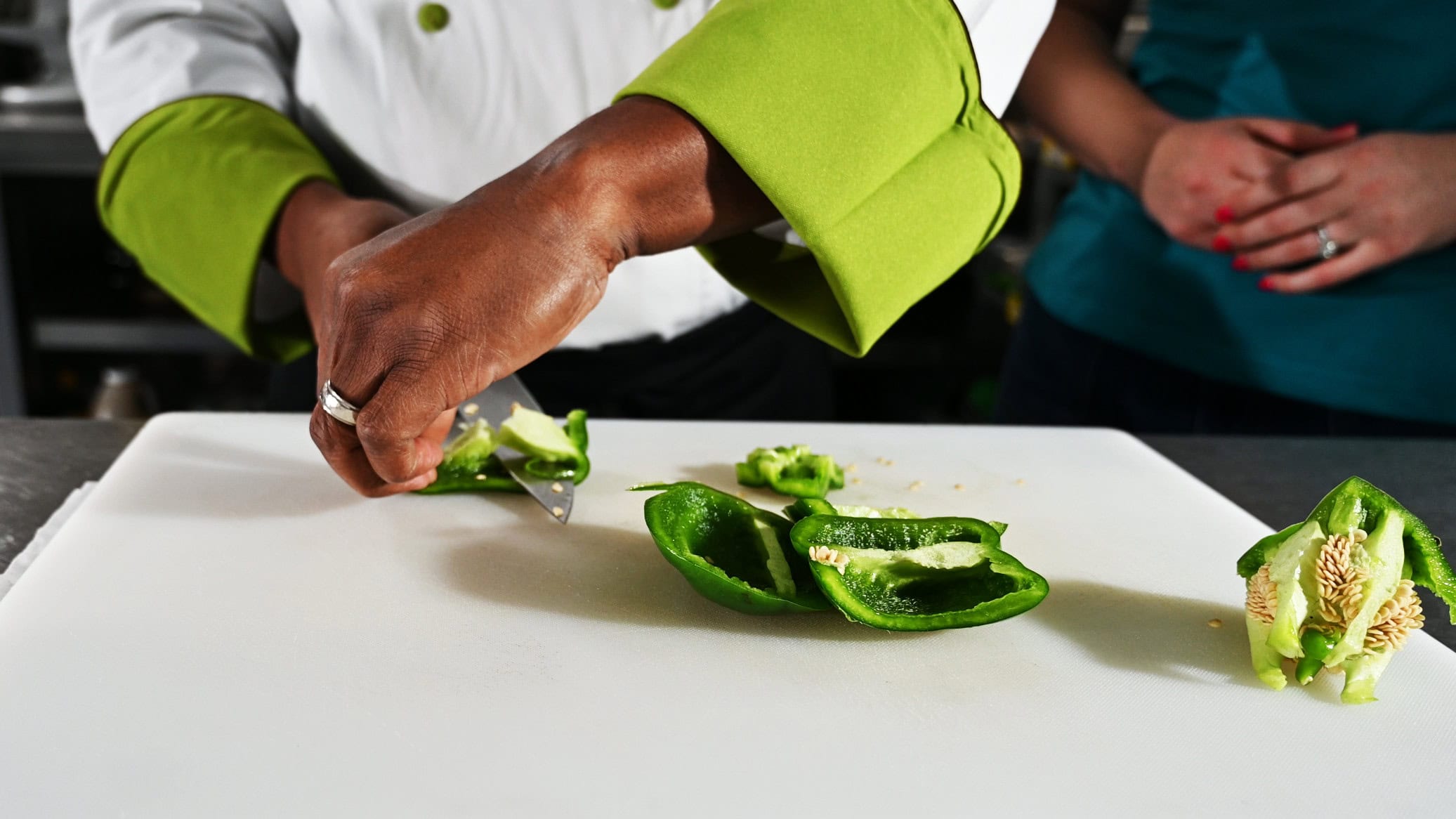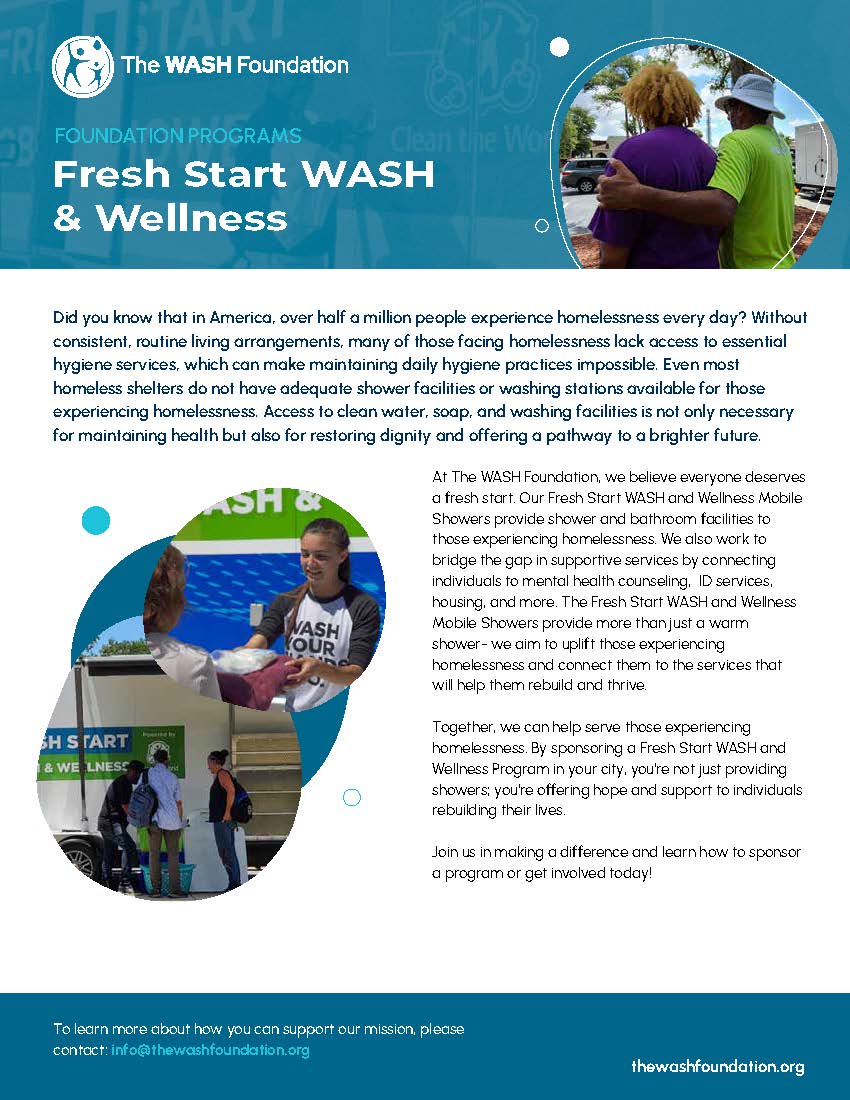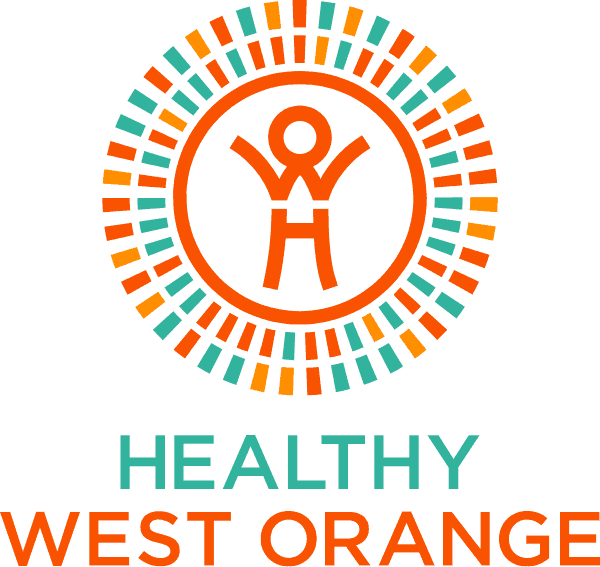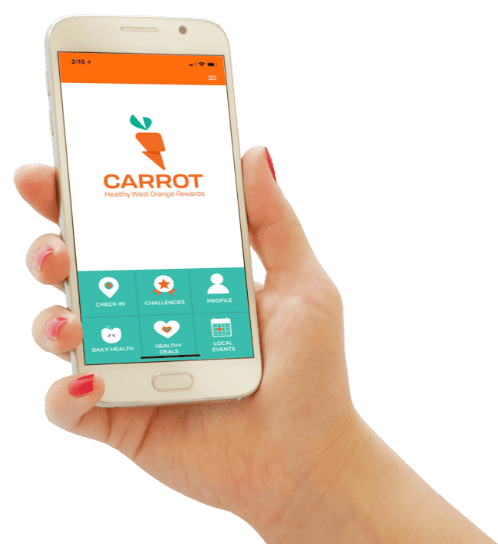Top 6 Ways to Keep your Brain Fit

Top 6 Ways to Keep your Brain Fit
One of the main reasons people experience mental decline as they get older is because they stop challenging their brains. While the brain isn’t exactly a muscle, maintaining a healthy brain is like maintaining a healthy body. To keep your brain in its best possible condition, it benefits from engaging and challenging activities. We asked brain health expert Michael Dottino from USA Memory Championship for some activities that help keep your brain fit. Check these out, and remember to pick something you will enjoy!

#1 Card playing
Pick a card, any card! Playing card games can improve math and memory skills, and strategic thinking. Also, the friendly competition and social gathering that comes with sitting down to play cards is very beneficial to your brain health and overall wellbeing.
Here’s a list of card games that you can play with a single deck for 2 people or the whole family!
https://www.cbc.ca/life/culture/the-best-card-games-to-play-with-a-standard- deck-1.5836447
Need a video tutorial? Check these out!
How to play War: https://www.youtube.com/watch?v=J5vT33Vo04s
How to play Spades: https://www.youtube.com/watch?v=HgmnrYt-Xf4
Ho to play Go Fish: https://www.youtube.com/watch?v=hRpXLSMdve0
#2 Learn a new language
Learning a new language can not only help concentration and memory, but also open your mind to a new culture! If you don’t want to learn a spoken language, you can even try to learn a computer programming language!
FREE American Sign Language classes in our community:
https://town.windermere.fl.us/series/asl-classes-1-2/
#3 Go back to school
Saved by the bell! Signing up for a class where you learn a new subject or skill can improve working and long-term memory, and boost self-confidence and social skills!
We have several technical schools and colleges in our area open to adults of any age:
#4 Dancing
That’s right, moving to the music is not only tons of fun, but it’s also a great way to reduce stress and gain self-confidence! Here at Healthy West Orange, we love to learn new dance moves! Check out our simple choreography for Westly’s Dance Challenge, which can be done standing or sitting.
#5 Play a musical instrument
Playing an instrument is like a workout for the brain! With the visual, auditory, and emotional sensory input, as well as gross and fine motor skills, it provides lifelong benefits. You can search for local free and reduced cost music lessons on HUBB here!
#6 Mnemonics
Mnemonics are memory devices that help people recall larger pieces of information in the form of lists like characteristics, steps, stages, and parts. An example would be children learning the ABC’s by singing the “ABC” song. Learn more Mnemonics with this UCF resource here!
Other activities that also improve brain health:
Reading: Dive into a book, magazine, or newspaper to exercise your brain! The Orange County Library System has thousands of books to choose from! Get your FREE library card (for Orange County residents) and check out all they have to offer.
Board Games: Family game night has more benefits than healthy competition! Board games like Scrabble, Chess, Clue, and Catan help you move those memory muscles. You can often find board games for a few dollars at thrift stores or garage sales!
Tai Chi: The slow, gentle movement sequences of Tai Chi are a great way to get active and improve memory. Give it a try by following along with a local Tai Chi instructor, Sifu Al Aki here.
The good news is that, as you start exercising your brain and learning new things, it becomes easier! Start small, have fun, and share what you learn with family and friends. Be sure to read our next blog in our Brain Health series: “Benefits of Social Connection”.
Michael Dottino
Michael Dottino is the Chief Development Officer of the USA Memory Championship (USAMC). He is the creator of the Brain Power Series, a curriculum of online and in-person courses that teach memory skills, brain health, and super learning. He has provided both personal and organizational coaching to clients in the health care, hospitality, armed services, emergency services and education industries.
Michael is currently working with the neuroscience departments at MIT and Columbia on a National Science Foundation grant to study the impact of memory training on brain
function, and is a co-facilitator of the Brain Fitness Academy at the Dr Phillips YMCA.

